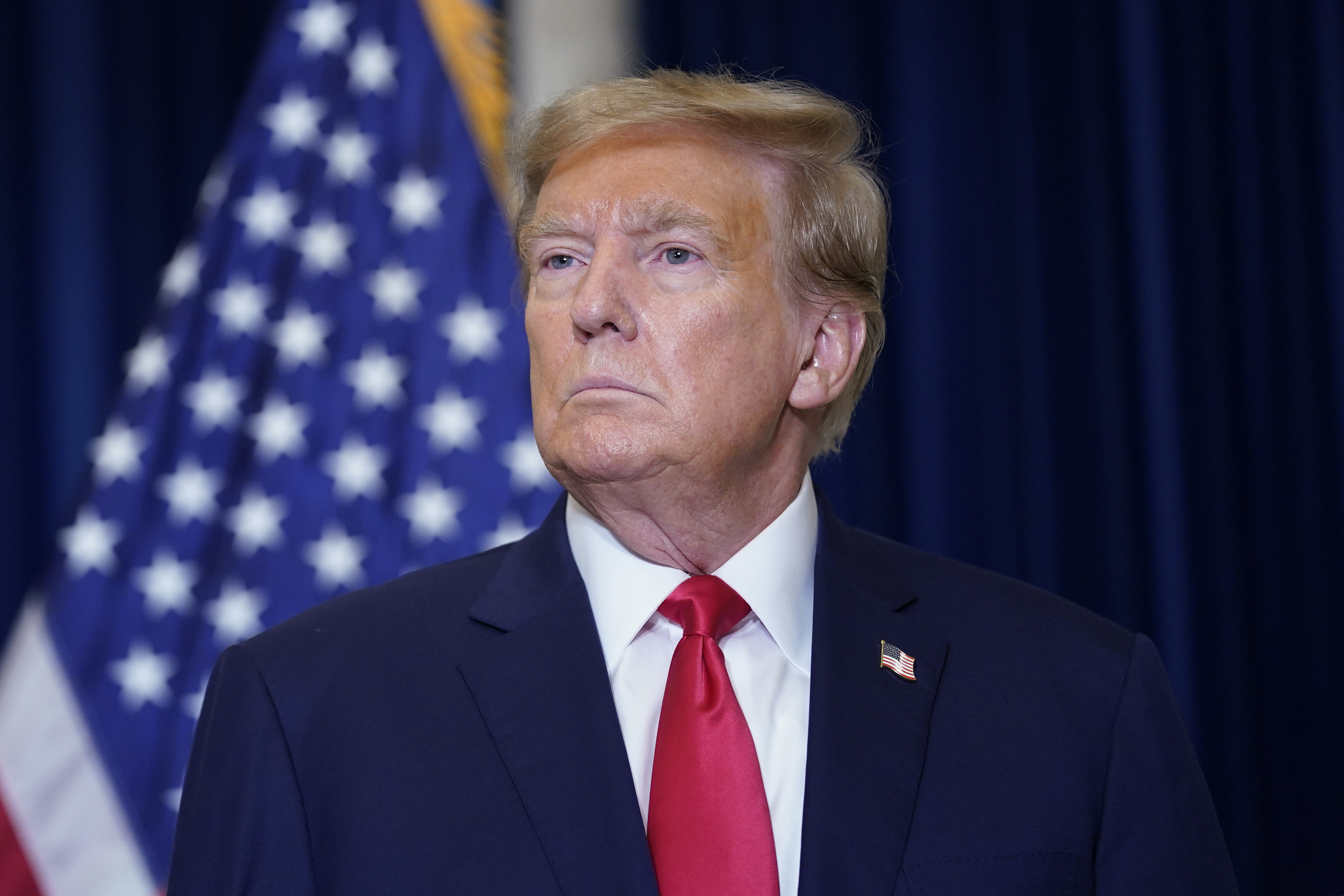
A United States appeals court has ruled that former President Donald Trump does not have immunity from federal charges that he plotted to overturn his 2020 election defeat to President Joe Biden.
“For the purpose of this criminal case, former President Trump has become citizen Trump, with all of the defences of any other criminal defendant,” a three-judge panel of the US Court of Appeals for the District of Columbia Circuit said on Tuesday.
“But any executive immunity that may have protected him while he served as President no longer protects him against this prosecution,” its ruling read.
The decision marks the second time in as many months that judges have refused Trump’s arguments that he cannot be prosecuted for actions while he was in the White House.
A Trump campaign spokesperson said the ruling “threatens the bedrock of our Republic”.
“Without complete immunity, a President of the United States would not be able to properly function!” the spokesperson, Steven Cheung, said in a statement. He said Trump would appeal but did not say whether he would first ask for a review from the full appeals court in Washington or go directly to the Supreme Court.
The case will remain paused until at least Monday to give Trump time to appeal.
Al Jazeera’s Patty Culhane, reporting from Washington, said the rejection from the courts was a “fairly scathing decision” for Trump.
“While this is a very bad sign for the president’s claims of immunity, it is not the end of the road. It’s probably going to be decided by the Supreme Court, but again they can just say, ‘We’re not going to take this case’, in which case the trial could start in a matter of weeks,” Culhane explained.
The appeals court took centre stage in the immunity dispute after the Supreme Court said last month that it was temporarily staying out of it, rejecting a request from special counsel Jack Smith to issue a speedy ruling.
Trump’s lawyers have argued that former presidents may not be criminally prosecuted for official actions unless first impeached by the House of Representatives and removed from office by the Senate.
The former Republican president was impeached by the House twice. After trials in the Senate, a simple majority of senators found him guilty, but both times, they failed to achieve a two-thirds majority required to remove him from office and he was acquitted.
US District Judge Tanya Chutka, who is presiding over the case, rejected Trump’s arguments in December and said the office of the president “does not confer a lifelong ‘get out of jail free’ pass”.
While Trump’s lawyers took their arguments to the Washington appeals court after losing the initial decision, Smith asked the Supreme Court to weigh in first, hoping to secure a fast and definitive ruling and preserve a trial date of March 4 in the federal election interference case.
However, the high court declined the request, leaving the matter with the appeals court.
Even if the courts do not accept Trump’s argument, the appeals will likely achieve his aim of delaying the trial beyond March 4 and possibly until after November’s presidential election, which is projected to be a rematch between Trump and Biden.
If Trump wins in November, he could pardon himself or call on the Department of Justice to close the federal case.
However, he faces three other criminal cases, two of which are state cases, which presidents are unable to quash.







